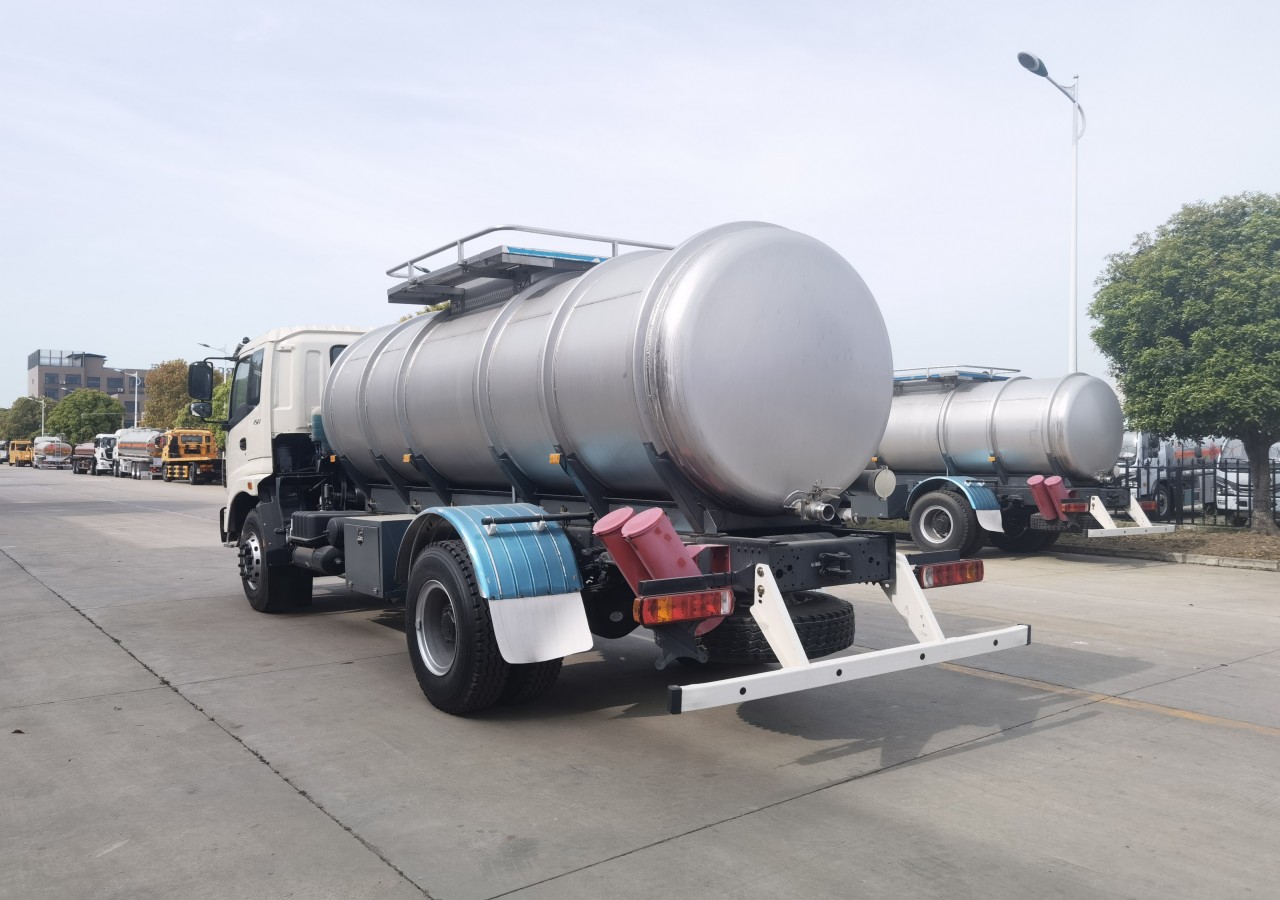Do You Need a License to Drive a Water Truck?
Operating specialized vehicles like water trucks can be a rewarding career path, offering a mix of technical skills, outdoor work, and the satisfaction of playing a vital role in industries like construction, agriculture, and fire suppression. However, one common question among prospective operators is: Do you need a license to drive a water truck? The answer largely depends on the truck’s size, its intended use, and the jurisdiction in which you plan to operate. This article delves into the licensing requirements for water trucks, providing clarity for anyone looking to enter this field.
Understanding Water Trucks and Their Uses
Before discussing licensing requirements, it’s important to understand what a water truck is and what it does. Water trucks are specialized vehicles equipped with tanks that can carry large volumes of water—typically ranging from 2,000 to 5,000 gallons. These trucks also come with spray nozzles and pumps to distribute water efficiently.
Water trucks are commonly used for:
- Dust control on construction sites and unpaved roads
- Firefighting in rural or remote areas
- Agricultural irrigation
- Transporting potable water to areas without a reliable supply
Due to their size and weight when fully loaded, water trucks require skilled operation to ensure safety and efficiency, making proper licensing and training crucial.
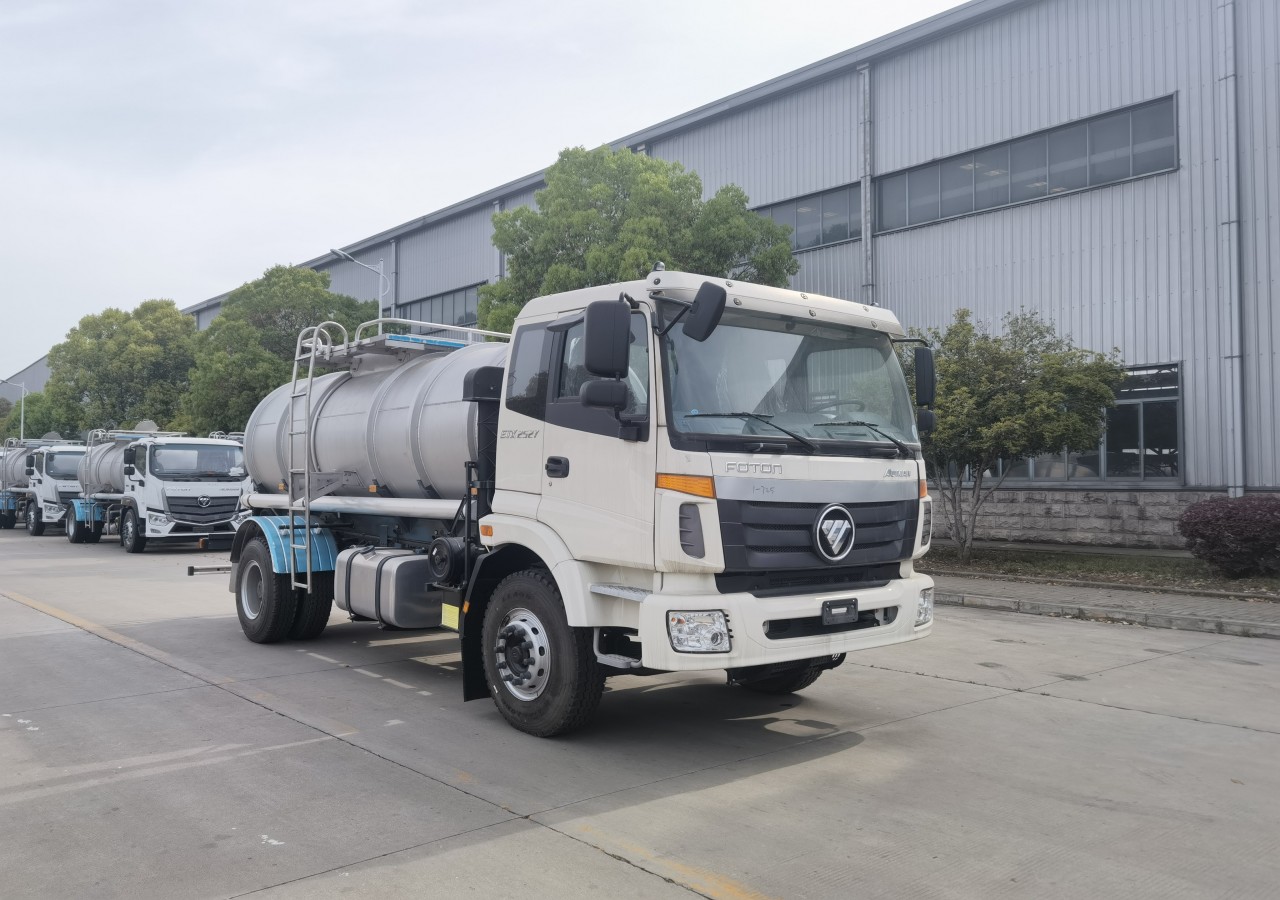
General Licensing Requirements for Water Trucks
Commercial Driver’s License (CDL)
In most cases, operating a water truck requires a Commercial Driver’s License (CDL). The primary factor determining whether a CDL is necessary is the Gross Vehicle Weight Rating (GVWR). If the GVWR exceeds 26,001 pounds, federal regulations in the United States mandate that the operator holds a CDL. Most water trucks fall into this category due to the weight of the truck itself combined with the weight of the water when the tank is full.
CDLs come in three classes:
- Class A: Required for vehicles towing a trailer or another vehicle with a GVWR over 10,000 pounds. This may apply to certain water truck configurations.
- Class B: Required for single vehicles with a GVWR exceeding 26,001 pounds. Most water trucks fall under this category.
- Class C: Required for vehicles transporting hazardous materials or carrying more than 16 passengers. This is less common for water trucks but could apply in specialized situations.
Endorsements
In addition to the basic CDL, certain endorsements may be required based on the water truck’s specific use:
- Tanker Endorsement (N): Necessary for vehicles designed to transport liquids in bulk. This endorsement is almost always required for water truck operators.
- Hazardous Materials Endorsement (H): If the water truck carries materials classified as hazardous (e.g., certain firefighting chemicals), this endorsement may also be necessary.
State-Specific Licensing Requirements
While federal regulations set a baseline for CDL requirements, states often have additional rules governing water truck operations. For instance:
- California: Requires a special certificate for operating certain types of water trucks used in firefighting.
- Texas: May have exemptions for agricultural use, allowing farmers to operate water trucks without a CDL under specific conditions.
- Florida: Enforces stringent testing requirements for tanker endorsements, given the unique challenges posed by liquid loads.
It’s crucial to consult your state’s Department of Motor Vehicles (DMV) or equivalent agency to understand the exact requirements.
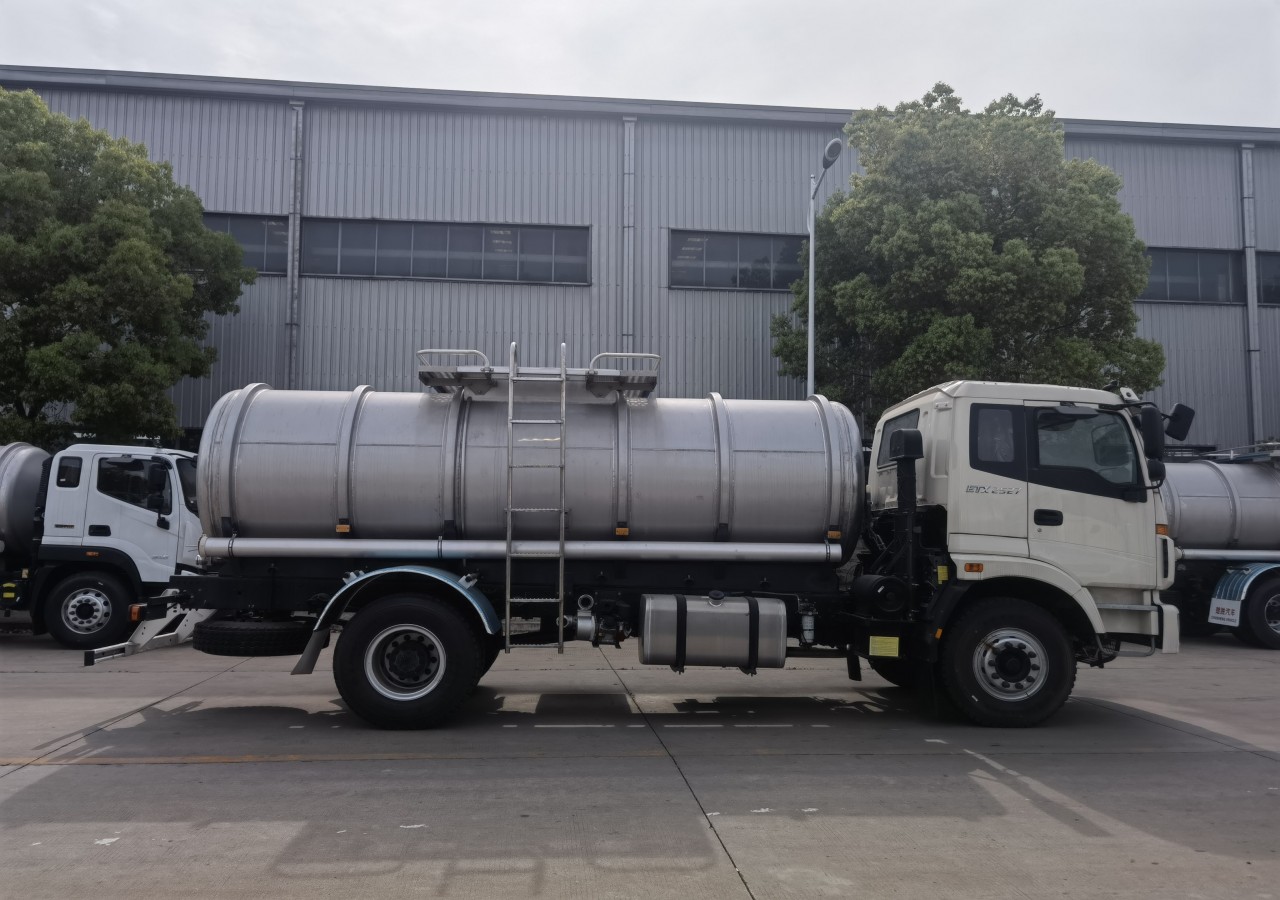
Exemptions from CDL Requirements
Not all water truck operators need a CDL. Here are some scenarios where exemptions might apply:
Agricultural Use
In many states, water trucks used exclusively for agricultural purposes may be exempt from CDL requirements. For instance, a farmer using a water truck to irrigate crops or provide water for livestock might not need a CDL, provided they stay within a certain distance from their farm.
Emergency Services
Firefighters and other emergency responders may also be exempt from CDL requirements when operating water trucks in the line of duty. This exemption recognizes the urgent nature of their work and the specialized training they receive.
Private Property
If the water truck is exclusively operated on private property, such as a construction site or mining operation, a CDL might not be necessary. However, operators should still be trained to ensure safety.
The Importance of Training and Certification
Even when a CDL is not legally required, proper training is essential for safely operating a water truck. Training programs typically cover:
- Vehicle inspection and maintenance
- Safe driving techniques, especially when carrying a full load
- Understanding liquid dynamics and the risk of sloshing
- Proper use of pumps and spray equipment
Some employers may also require additional certifications, particularly for specialized uses like firefighting or hazardous material transport.
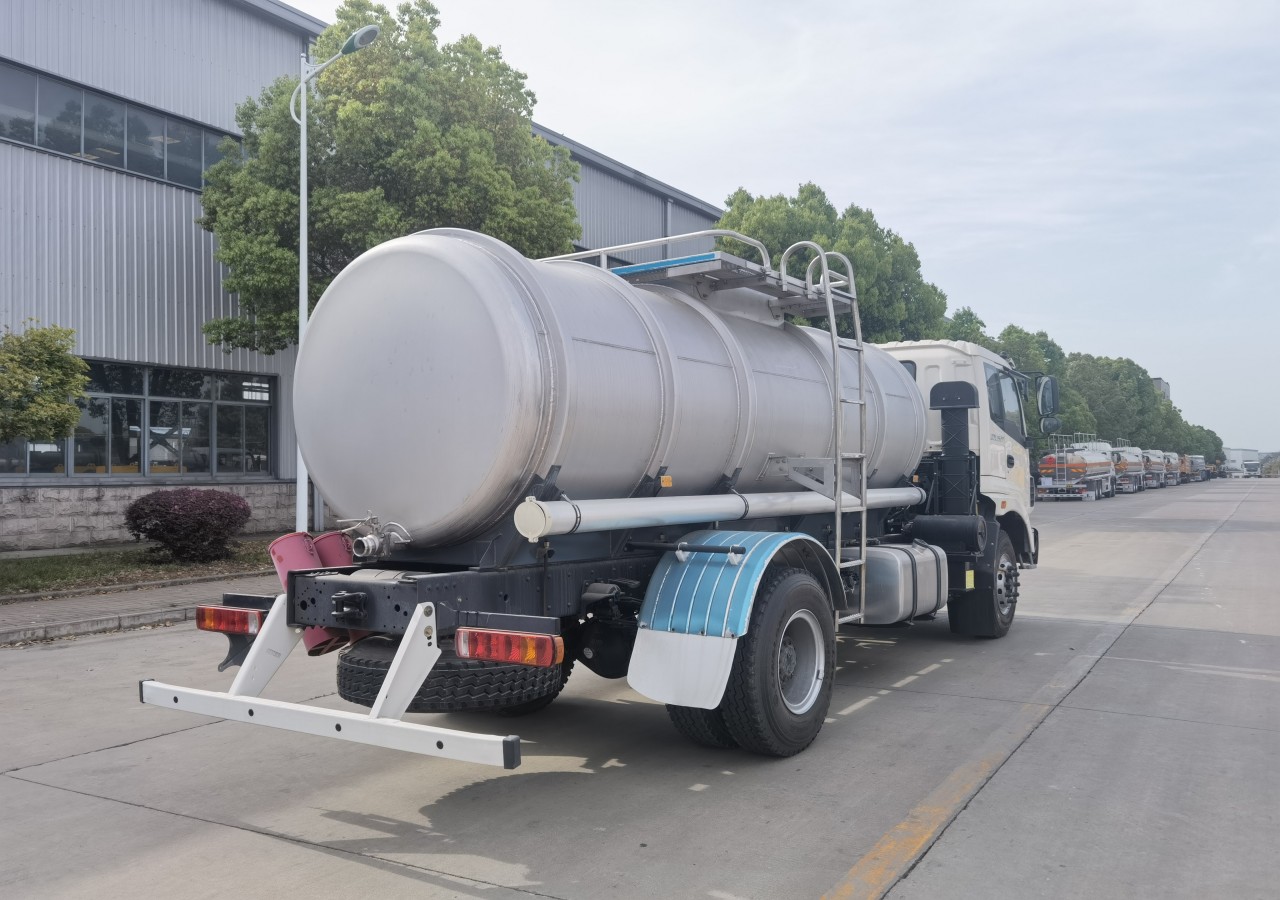
How to Obtain a CDL and Endorsements
If a CDL is required, here are the general steps to obtain one:
- Meet Eligibility Requirements: You must be at least 18 years old to drive within your state and at least 21 to drive across state lines or transport hazardous materials.
- Obtain a Commercial Learner’s Permit (CLP): This involves passing a written knowledge test. The CLP allows you to practice driving under the supervision of a licensed CDL holder.
- Complete a Training Program: Many states now require entry-level driver training (ELDT) from an approved provider.
- Pass the CDL Skills Test: This includes a pre-trip inspection, basic vehicle control, and an on-road driving test.
- Add Endorsements: Take additional written and skills tests if required for endorsements like Tanker (N) or Hazardous Materials (H).
Costs and Time Investment
Obtaining a CDL and necessary endorsements can be a significant investment in terms of both time and money. Training programs typically cost between $3,000 and $7,000, and the entire process can take several weeks to months, depending on scheduling availability.
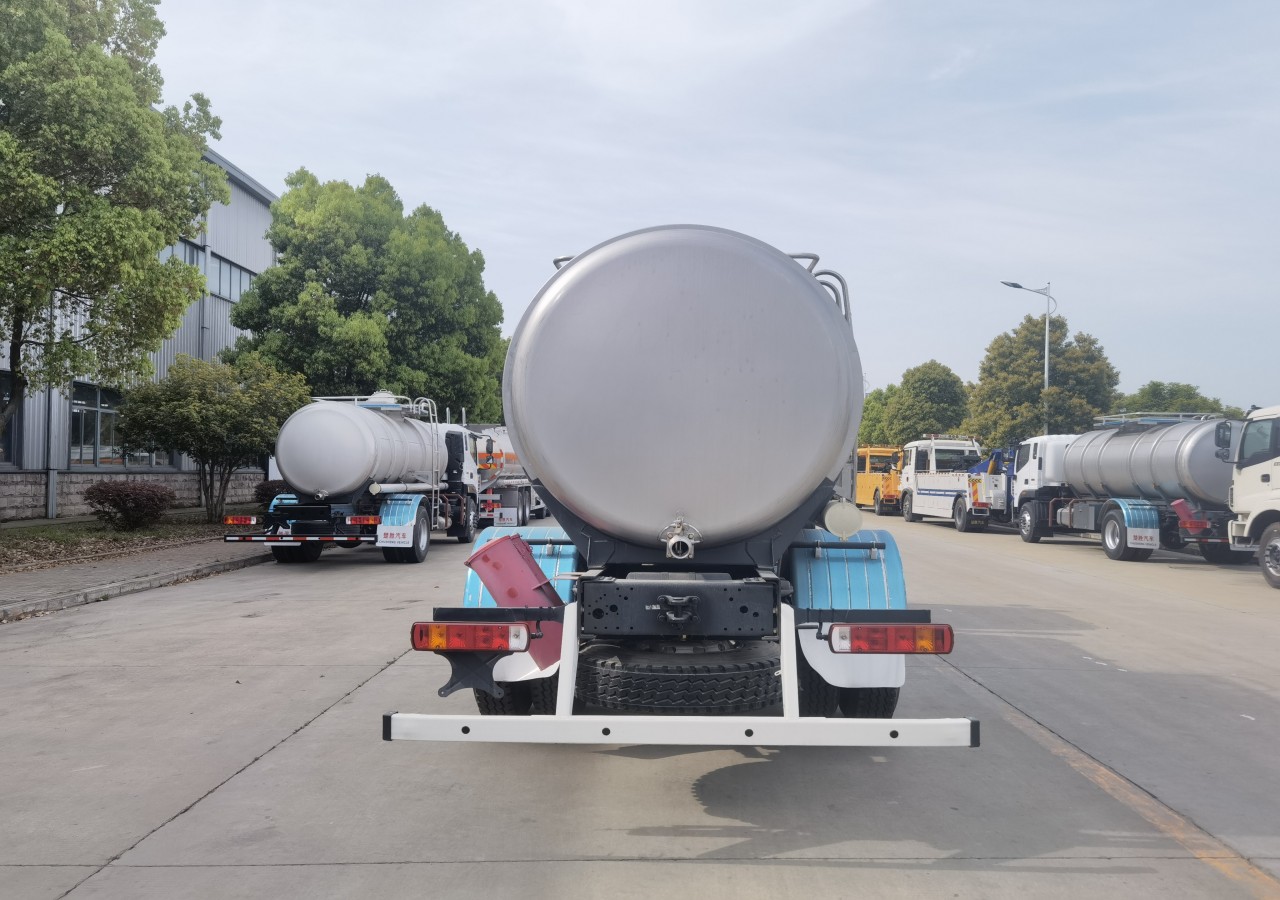
Penalties for Non-Compliance
Operating a water truck without the required license or endorsements can lead to severe penalties, including:
- Fines and citations
- Disqualification from obtaining a CDL in the future
- Liability in the event of an accident
Employers can also face penalties for allowing unlicensed operators to drive water trucks.
Conclusion
The question of whether you need a license to drive a water truck depends on several factors, including the truck’s size, its intended use, and your location. In most cases, a CDL with a tanker endorsement is required, but there are exceptions for agricultural use, emergency services, and private property operations. Regardless of legal requirements, proper training is essential for safe and efficient operation.
If you’re considering a career as a water truck operator, researching local regulations and investing in the necessary training and licensing will set you on the path to success. Not only does this ensure compliance with the law, but it also prepares you to handle the unique challenges of operating these specialized vehicles.
